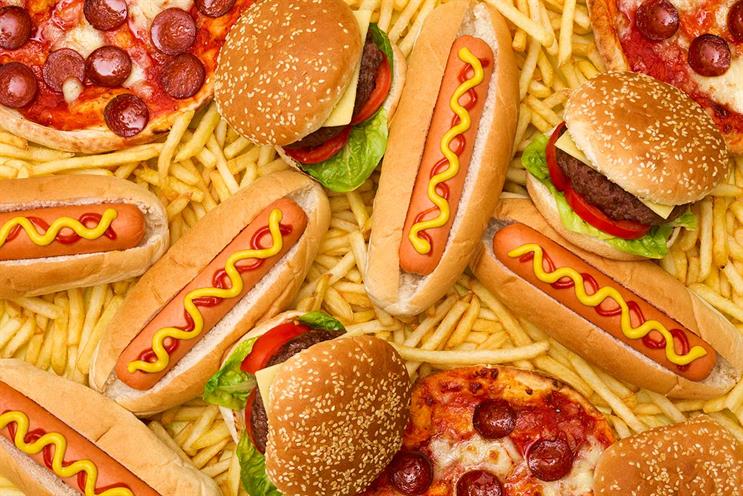
Brands and agencies have lambasted the government’s newly announced obesity strategy, with ISBA director-general Phil Smith calling it "a slap in the face" for the advertising sector.
The proposed strategy, which was unveiled today (Monday), includes a pre-9pm watershed ban on TV ads, as well as cutdowns on in-store promotions and a ban on online advertising of "unhealthy" foods.
The government’s initiative is set to be launched alongside a "Better health" campaign, led by Public Health England, which aims to help people lose weight, eat better and get active in the aftermath of the coronavirus pandemic.
"We are deeply disappointed by the prime minister’s announcement," Smith said. "It rides roughshod over the evidence and is a slap in the face for food and drink manufacturers, the advertising sector and small business.
"Obesity is undoubtedly a serious public-health issue. Covid-19 sets in stark relief the impact of obesity on other conditions and the NHS. But the public deserve better."
Smith warned that the initiative "cuts the legs out" from the government’s "Eat out to help out" scheme, which will operate every Monday, Tuesday and Wednesday throughout August to offer people 50% off meals in participating restaurants.
He added that it also denies small businesses the "targeted local online advertising on which they now rely and risks jobs at a time when government has elsewhere shown them support".
Smith continued: "We will be taking the time alongside our members to study the detail of the proposed consultations, but fundamentally reject the premise on which this announcement has been made."
He referred to the government’s 2019 impact assessment, which found "scant evidence" for a TV watershed, while "driving a coach and horses through the funding model for commercial broadcasting in the UK and risking jobs in every constituency of the country".
Last year, the government impact study found that a child’s daily calorie intake will fall by just 1.74 kcal (the equivalent of half a Smartie) if there were a pre-9pm TV ad ban for food and drink high in fat, sugar or salt.
Paul Bainsfair, director-general at the IPA, said that he is "deeply disappointed" by the government’s proposals.
"We have always supported the aim of tackling the problem of obesity in the UK, but we have always made the case that the introduction of further restrictions on advertising will not help achieve that aim," he explained.
"We are deeply disappointed by these proposals. They disregard the evidence – including the government’s own – on the impact of restrictions on HFSS advertising and will punish the very businesses that have been helping the country get through the Covid-19 crisis, including food manufacturers, retailers and commercial broadcasters."
Sue Eustace, director of public affairs at the Advertising Association, described a ban on online HFSS advertising as "blunt and totally disproportionate measure".
She said: "It will prevent food and drink businesses large and small up and down the country from being able to advertise and market their products."
Both Eustace and Bainsfair argued that the scheme fails to acknowledge the Advertising Standards Authority’s efforts to impose "tough rules" surrounding HFSS ads across all platforms.
Eustace said: "Given the already strict rules in place, enforced by the ASA, these new measures would be wrong even in the most favourable economic circumstances; but to impose them during the current climate is an affront to hard-working business owners and is not what would be expected of a government seeking to create a business-friendly environment."
She pointed to the work of campaigns such as the ITV-led "Eat them to defeat them" in encouraging healthy eating habits among children.
Eustace continued: "These proposed bans on HFSS advertising will not solve the structural inequalities linked to deprivation that cause higher rates of obesity among people, just as attention-grabbing new regulations will not undo decades of underinvestment in targeted and community-based health initiatives."



.jpg)
.jpeg)
